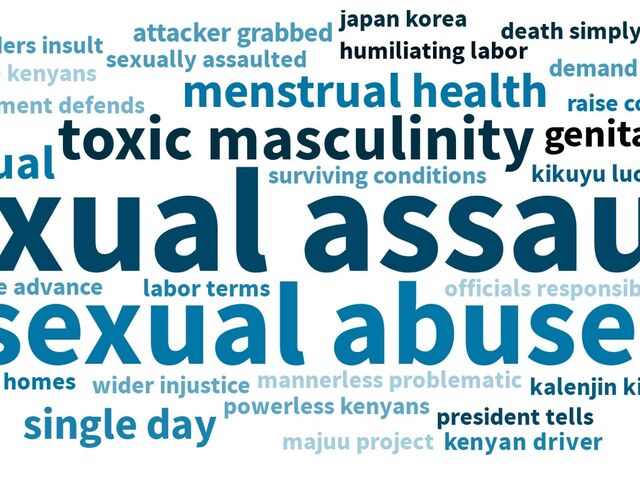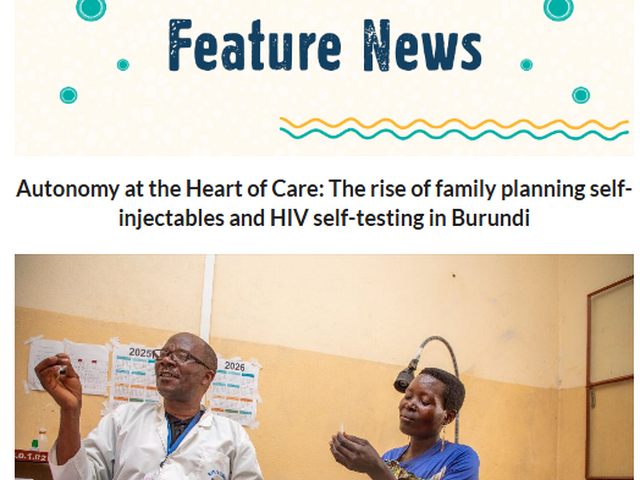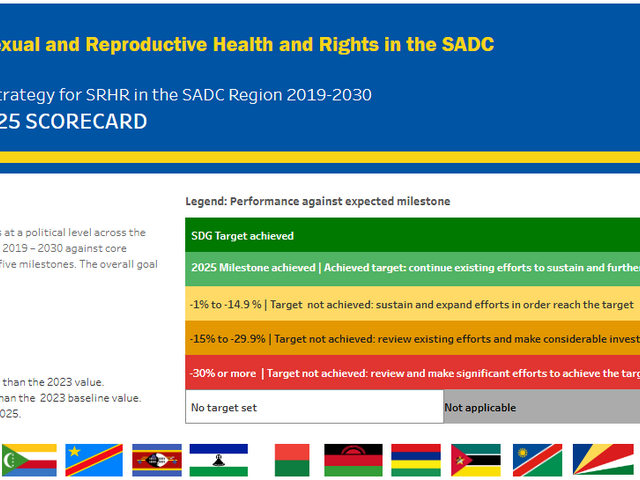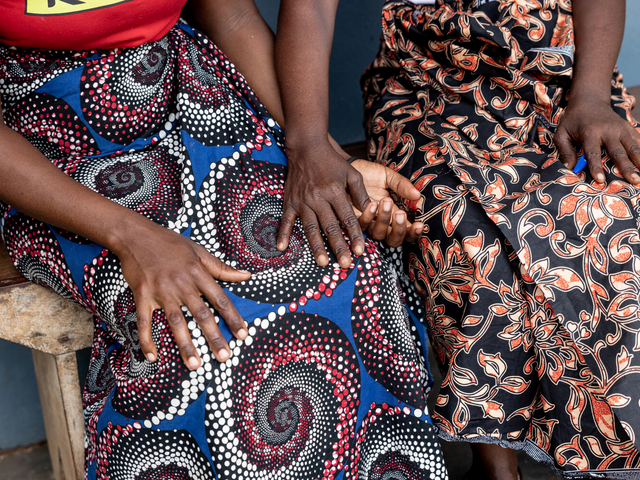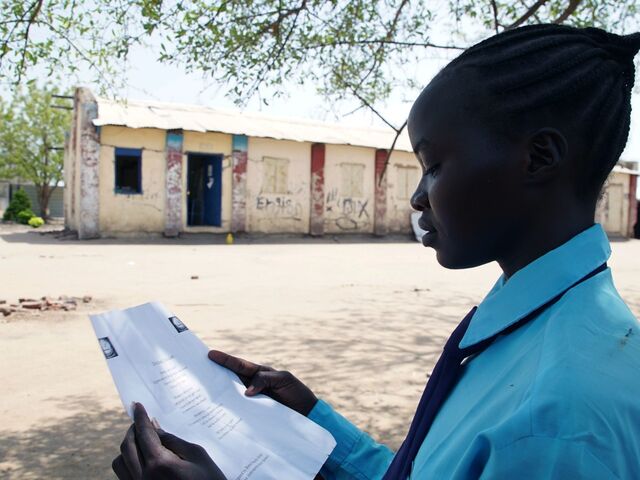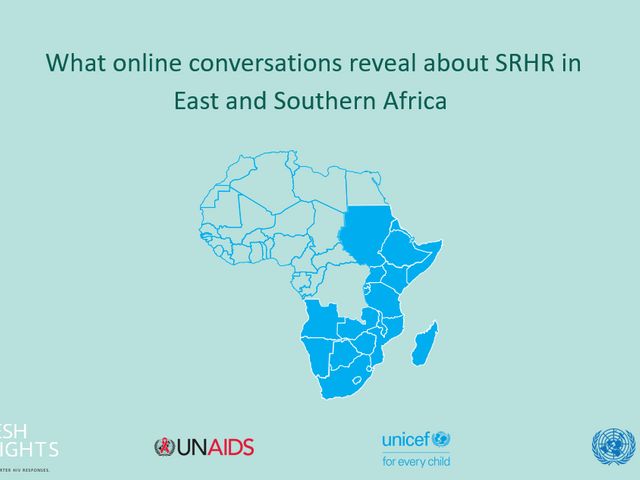How Male Clinics and Community Dialogues Are Redefining Masculinity and Transforming Lives in Lesotho

Far from the spotlight, in the remote mountain villages of Mokhotlong, men are stepping into new roles: as champions of change, advocates for equality, and protectors of their families’ well-being.
For years, men in Mokhotlong were reluctant to seek health care, particularly when it came to sexual and reproductive health. Cultural expectations, long queues, and the discomfort of discussing private issues with female health workers kept many away from clinics. At the same time, historically, men's clinics across the country focused on providing HIV/AIDS services, with minimal attention to broader SRHR needs.
Change is taking root, driven by a deliberate effort to engage men in ways that are respectful, informed, and inclusive.
At the heart of this shift is the male clinic at Mokhotlong Hospital, where trained male nurses like Potsane Lirahalibonoe are delivering a tailored SRHR package for men and boys, bringing services closer to them in spaces where they feel seen and supported.
“What makes me happy is seeing my clients leave with a smile,” he says. “They come back, they trust us, and they begin to take responsibility not only for their own health, but also for the well-being of their partners and families.
According to Potsane, the number of men visiting the clinic is increasing by 10 percent each year, a promising trend in a district where health-seeking behavior among men has historically been low.
“They now feel comfortable with us and feel safe,” he adds.
But it was not always like this.
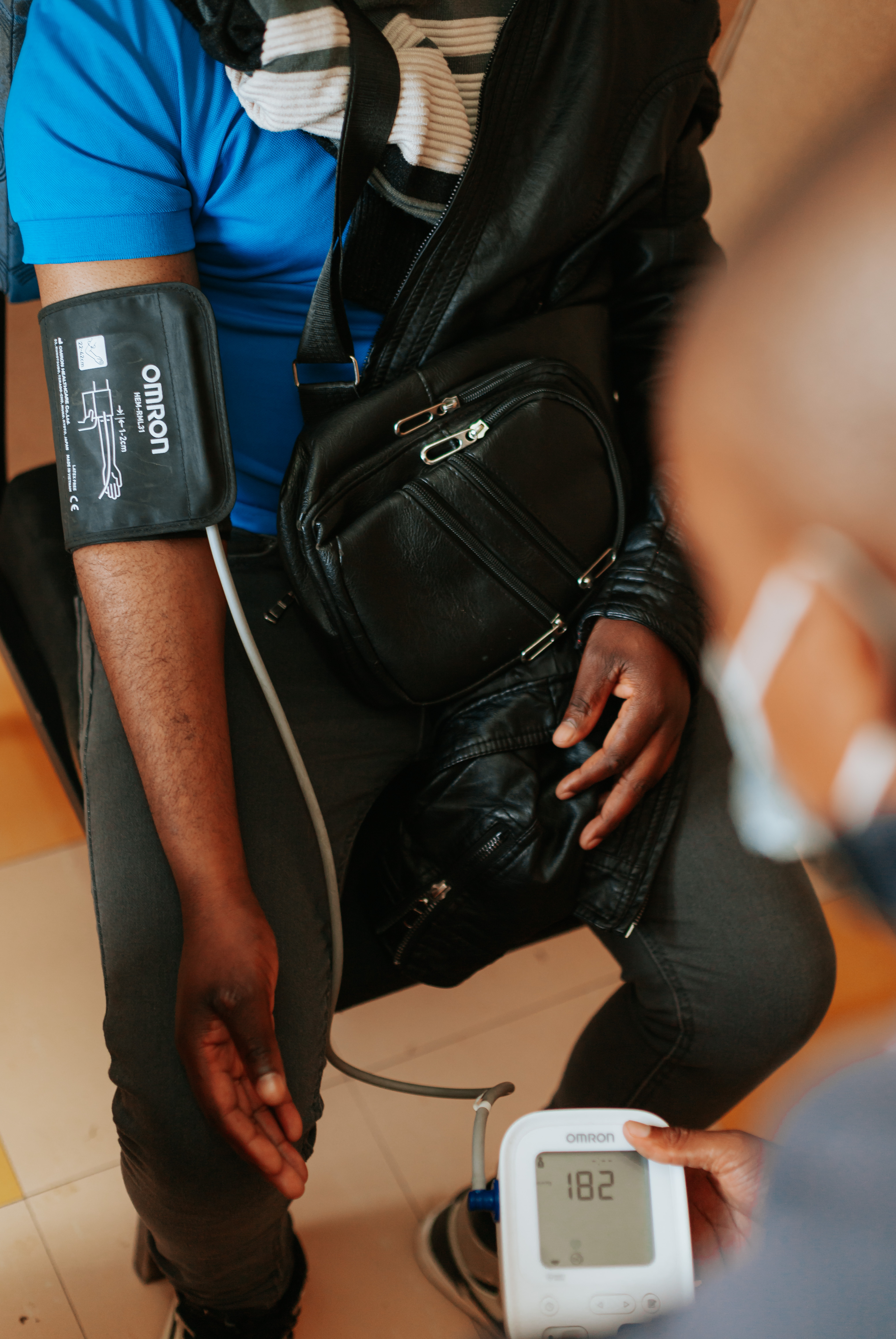
“Through community dialogues, men told us they didn’t feel comfortable receiving services from women. They also complained about long queues and lack of privacy,” explains Refuoe Sehlare, a Nurse and Midwife from the District Health Management Team (DHMT). “So before the male clinic was opened, we trained male nurses, and since then, we’ve seen a shift as men are now accompanying their wives to clinics, and referring to other men from their communities.”
These male engagement efforts are part of the broader 2gether 4 SRHR programme, a joint UN regional programme, supported by Sweden, that aims to advance sexual and reproductive health and rights (SRHR) for all, including men and boys.
Through the programme, country teams have supported the Government of Lesotho to develop a Male Engagement Strategy, and a community dialogue tool. Just this year, dozens of male champions were trained to pass on information and service referrals to their peers.
“Through the training, we emphasize that being a real man means supporting your pregnant partner, understanding the impact of gender-based violence (GBV), and becoming a champion for your community,” says Joele Tumo, a facilitator in the male engagement training.
To Mr. Tumo, the sessions are more than just about health: they are about redefining masculinity, recognizing that addressing traditional masculinity is crucial to tackling negative norms and risk behaviours, as well as inequitable gender norms.
His words are grounded in troubling statistics. The Lesotho Demographic and Health Survey reveals that GBV is alarmingly high in Mokhotlong, with 45 percent of women aged 15–49 who have ever been in a relationship reporting emotional, physical, or sexual abuse.
Mr. Tumo appealed to men: “My dream is a Lesotho free of GBV, where men support and accompany their women to health services.”
This message is beginning to resonate.
Chief Seabelo Phakisi, a traditional leader who also trained under the programme, says the way he addresses GBV has now changed: “I no longer just send victims to the police. I listen, I advise, and I try to resolve where possible.”
“Our areas are remote, and women often give birth at home, far from help,” says Mr. Tumo. “But if men accompany their partners, if they support them, maternal deaths, which remain high (530 per 100,000 live births), can be reduced.”
What is happening in Mokhotlong is more than a health intervention, but a cultural shift that challenges harmful norms, empowers families, and offers a vision of a more just, healthy, and compassionate Lesotho.
2gether 4 SRHR is a joint UN Regional Programme, in partnership with Sweden, which brings together the combined efforts of UNAIDS, UNFPA, UNICEF and WHO to improve the sexual and reproductive health and rights (SRHR) of all people in Eastern and Southern Africa. For a one stop shop of information and resources in Africa, visit the SRHR Knowledge Hub.
